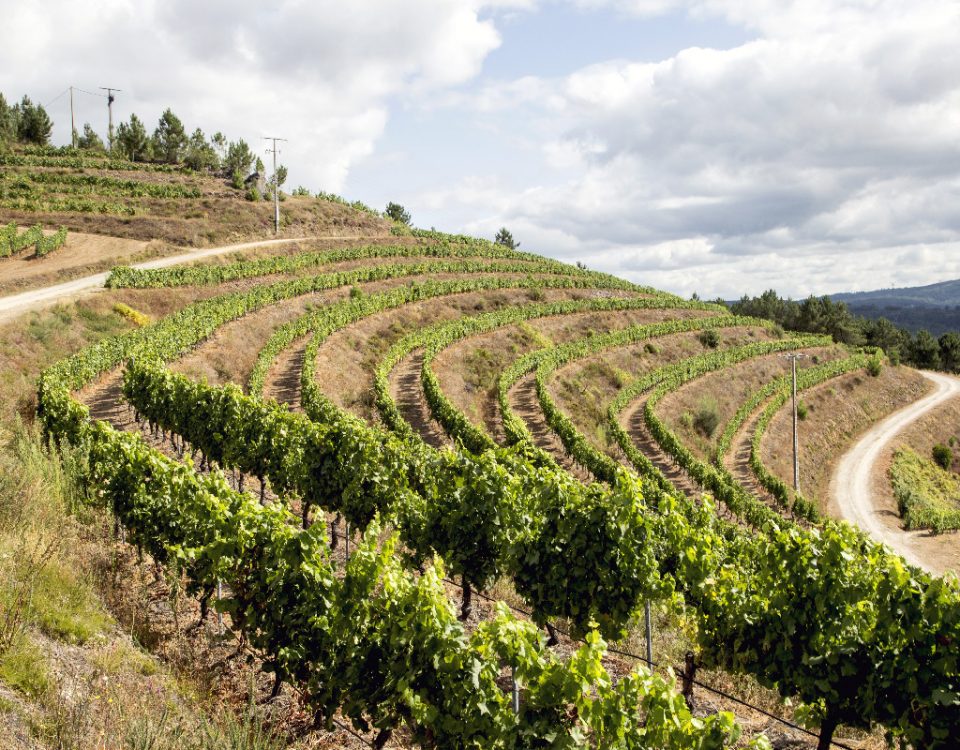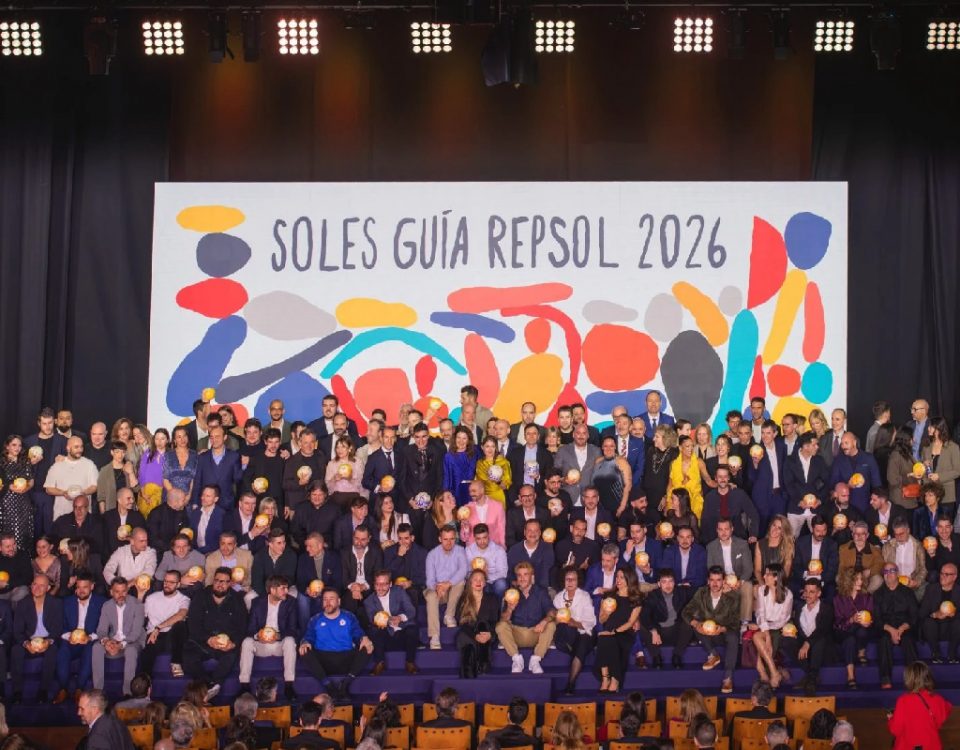- El mejor turismo de galicia
The president of the Clúster has told the Galician PP about the problems caused by the new decree on the registration of travellers
The president of the Clúster has told the Galician PP about the problems caused by the new decree on the registration of travellers
After his meeting with Cesáreo Pardal, the deputy Borja Verea has announced that the popular group will ask the central government to paralyse the royal decree that multiplies the data that the accommodations have to request from their clients.
The problems caused by the new royal decree that regulates the registration of travellers have focused the meeting held between the president of the Clúster Turismo de Galicia, Cesáreo Pardal, and the PP deputy in the Galician Parliament Borja Verea. During this meeting, Cesáreo Pardal explained that the modification of the regulations promoted by the Central Government means an important overload of work for those responsible for the accommodation establishments, as well as for the car rental businesses, by increasing significantly the data that must be requested from the clients.
The new text increases the number of data to be collected to thirty, raises legal doubts about the processing and storage of some of these data and also establishes a penalty system with fines of up to 30,000 euros for not managing the register properly.
These important changes prompted a meeting in early spring between representatives of the Clúster and various companies in the sector, which ended with a total rejection of the royal decree. Now, it is the PP group in the Galician Parliament that joins this rejection with the announcement by the deputy Borja Verea after the meeting with Cesáreo Pardal of the presentation of a non-legislative proposal demanding the central government to stop the implementation of the royal decree.
Verea denounces that the decree means a new obstacle and new expenses for a sector that was one of the hardest hit by the economic crisis and demands that the central government “be open to study and agree with the tourism sector on possible modifications”.









